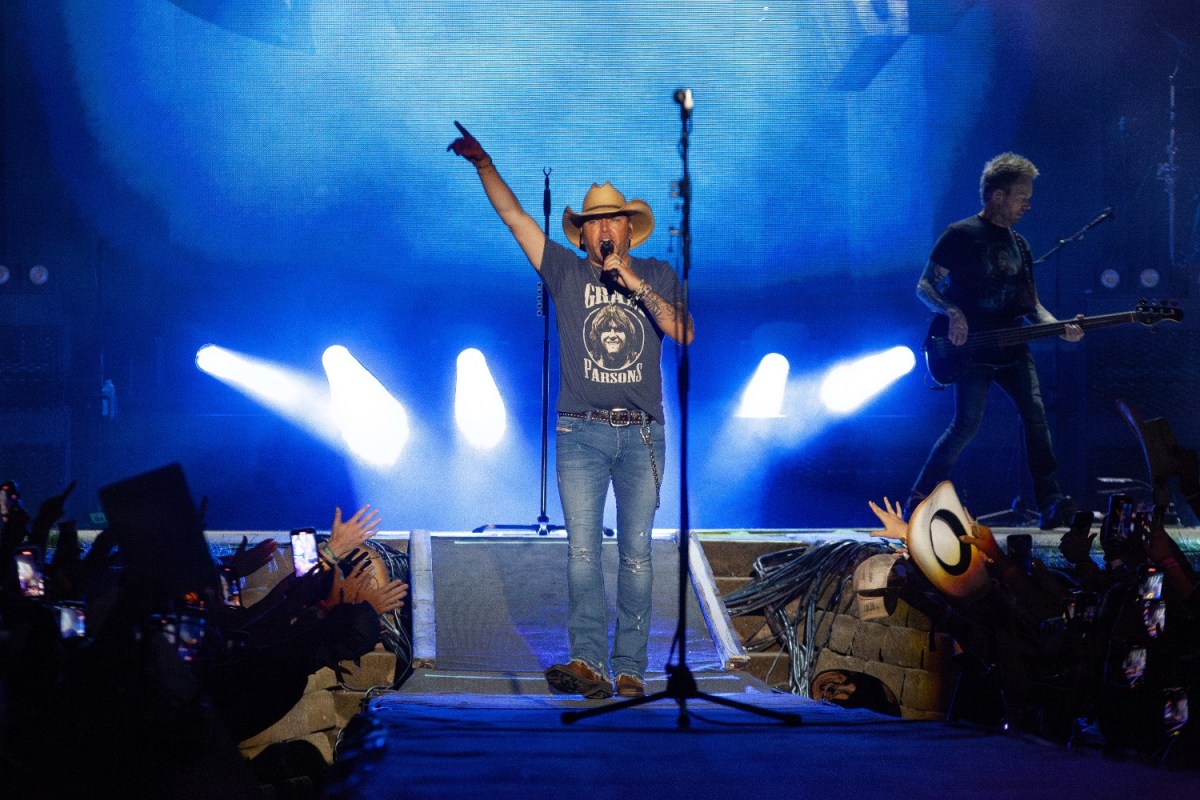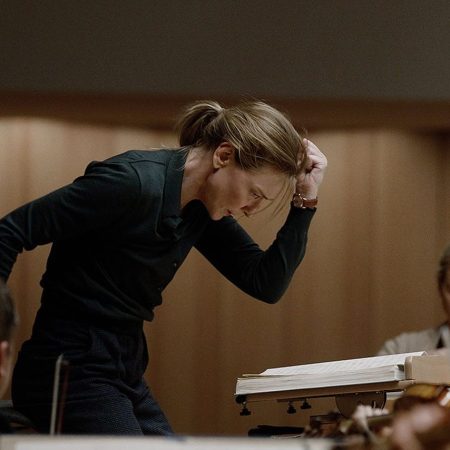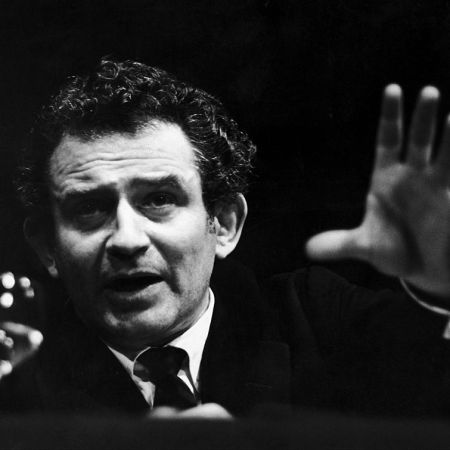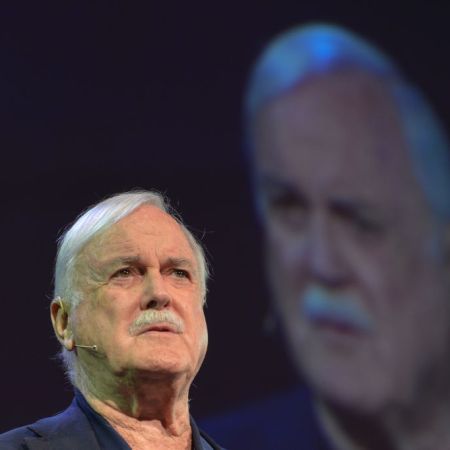Stop me if you’ve heard this one before: a popular country singer finds himself in hot water over racially charged — or outright racist — remarks he’s made. He’s condemned by a host of listeners, peers and professional contacts as a result. In response, a sizable number of listeners opt to reward the singer by listening to his music on streaming services and buying it wherever they can.
It’s a little uncanny how much the reaction to Jason Aldean’s “Try That In a Small Town” this summer has echoed the reaction to Morgan Wallen being recorded using a racial slur in 2021. For saying one of the worst words anyone can say, Wallen found himself facing … a massive financial windfall. Turns out, for certain artists, being “canceled” is a career boost.
And now, the same thing seems to be happening with Aldean. Writing at Vulture, Justin Curto has a good explanation of why the imagery in Aldean’s song and its video are so offensive. (The phrase “racist dog whistles” is used at one point to refer to images in the song’s lyrics.) The New Republic‘s Tori Otten noted that conservative politicians have embraced Aldean and his song in the wake of the controversy, noting that at least two candidates seeking the Republican presidential nomination have since played “Try That In a Small Town” at campaign events.
As The Hollywood Reporter pointed out, the controversy surrounding the song has dramatically elevated its profile — and, by extension, Aldean’s as well. Audio and video streams of the song surged by 999% week over week, according to data from Luminate, a company that tracks streaming data. In the week prior to the controversy, 1,000 copies of the song sold; the week of the controversy, 228,000 did.
Morgan Wallen and the Twisted Economics of “Cancel Culture”
Since a video of him using the n-word surfaced a year ago, Wallen’s profitability has skyrocketedAt this point, Aldean’s track has become a lot more than just a song. It’s a political football — and endorsing it is a way for some politicians to shore up their anti-“cancel culture” bona fides. And it turns out that getting caught up in that can be very good for raising an artist’s profile — with the financial benefits to match. All of which might leave you cringing at what the implications of this could be in the very near future.
Thanks for reading InsideHook. Sign up for our daily newsletter and be in the know.


















